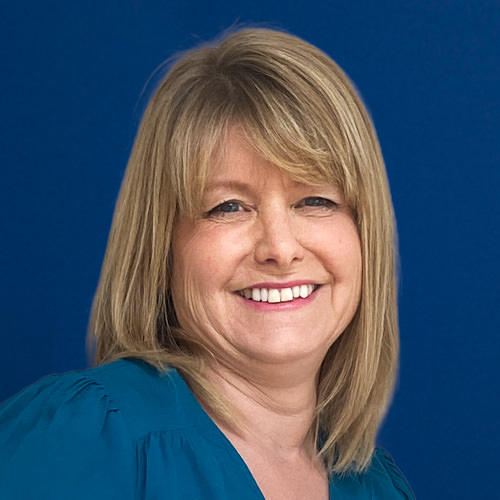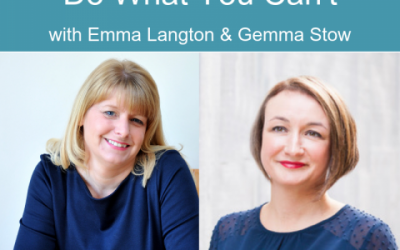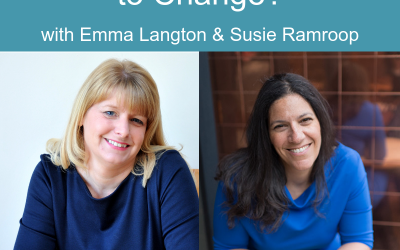On this episode I’m joined by Lori J Lee who has Love Your Story Podcast and came to talk to me about that subject.
Lori does research on the personal narrative of your story.
We talked about having balance in our lives in connection with that.
One of the main things that is really interesting to become aware of is the idea that our stories and our lives, are created by our culture’s and our religions, our families, social groups. When you realise that all of that is constructed, then even the things we think are important, are actually very fluid. We can also realise that it’s within your mental capability to decide what is actually important to you and what you actually want to spend time on.
Stories that we focus on, has a lot to do with whether you feel balanced, and where you’re focusing your time. So I think all of that just gets woven together, really interestingly.
3.13m Emma often talks about these British expectations that we have, about the stiff upper lip and where we don’t talk about emotions, we don’t talk about feelings, it is quite a sort of Northern European thing, but very much a British thing.
Lori says how that’s a perfect example of our story narrative.
When we talk about balance in our lives, balance might look some, like something different for each person. So if your priorities are very strongly revolving, say, around your family, and career, and those are your main focuses, then for you, those would be the two things that you would want to balance.
Whereas for somebody else balance might be being really physically healthy, a real focus on working out and being really focused on the nightlife and being social. Another thing that might be very important to them is just friend relationships, maybe they’re not as connected to their family.
So balance also is going to look different for people, depending on what stage of life you’re in. And depending on what all of those other cultural factors are that have informed you, as you’ve created your own perception of what a good life looks like.
What makes a good story?
I think maybe just even acknowledging that is important to realise that the story changes. What makes a good story? When you think about the books and the movies, you really get drawn into the good stories. They’re the ones where a character has something very important to them that they need and want, and they’re willing to work for it and push past obstacles. That’s what makes a good story.
So when we’re looking at writing our own life stories, we get to take into consideration, that a good life story doesn’t look like sitting and binge watching Netflix, right? A good story isn’t even working and working, working. So you can buy that next new car or that better house. And if you were watching a movie about that, you’re not going to be cheering them on, you’re going to feel ripped off on what your money back, because that’s a really boring storyline.
The good stories are the ones where we’re being vulnerable, where we’re trying for things where we’re learning things, where we’re out there in the mess, and getting the message out of the mess, whatever that is.
So, when we’re talking about life stories, we’re not talking about something clean, we’re talking about the messiness of learning and growing and seeking for things and falling down. And one of the main things that I think is important as business people and just as people is to realise the control that we have over the things that happen. And let me clarify that – I don’t mean, the control we have necessarily on what happens to us, but the control we have on the stories we build around what happens to us.
So there are things we do that we cause to have happen. And there are things that happen in our lives that somebody else causes to happen. And then there are things in life that happened that you know, somebody gets cancer, or they’re just things about life living that aren’t necessarily someone’s fault, they just are things we have to deal with. And in those spaces, the real power of coming to understand your life story and the story you want to create, moving forward.
Regarding balance or regarding stress, or regarding just living a life story you’re going to be proud of, really have to do with that control that you have. And you might not have control over what other people do, or just the the life things that happen that you do have control about your perception of those and the meaning that you give them.
Did Life Turn Out as Expected?
Lori talks about how she did not love her story and she started a research project to look at life expectations. The short answer is, of course not. That question when asked, resulted in 19 out of 20 people saying no, it did not.
She put in a lot of emotional intelligence work in coming to love her story which propelled her into the space of creating the “Love Your Story” podcast and interviewing people about their story. They are people who are dealing with the hard stuff, but look for the meaning behind those situations. They look for the things that they can take away from a difficult experience rather than just the pain and just the cynicism and just the bitterness.
What Stories are We Telling Ourselves?
16.20. Lori encourages listeners to talk a bit of an inventory. Are you creating a story around any part of your life where you’re feeling victimised, picked on, mistreated, embittered?
We all that those spaces. But when we get to them, we get to decide whether we decide to look for something more up-lifting. Sometimes we have to dig for that and sometimes we only get to see the learning once we’ve got through the dark space. But it all comes back to what stories are we telling ourselves?
You get to tell yourself a story about how blessed you are because you’re learning and show real gratitude about the things that are working. Or we can sit there and look at all the things that are rubbing us the wrong way at that moment.
Depending which stories we tell ourselves, this will create the life experience that we’re having. If we’re looking for the positive we will see that versus all of the things that are going wrong.
18.15 Emma talks about how we can re-wire our brain to see the positives and things we’re grateful for. This includes all the small things in the day. Lori talks about how these can help us realise how many wonderful things go on. Those focuses change the whole layout of the day. They discuss some of the day to day tiny thing that bring joy into their lives.
“No storyteller can describe everything that ever happens to a hero. As autobiographers, we build our stories from a very limited selection of facts. The information we choose to include or exclude determines whether we see our lives as comedy, tragedy, romance, or adventure” Martha Beck
In other words, our stories become what we focus on.
If you could tell your younger self, what would you say?
I didn’t realise the extent to which I can control over the stories I told myself. How would my three divorces look differently if I’d felt less victimised? How would it have looked different, if I had understood more about what I could focus on. I don’t know how it would have changed things.
25.0m Lori talks about what she’s focussing on now in her relationships.
All the listeners need to think about their significant other. Of course, there’s going to be irritants there always are, but are you focused on the irritants? are you focusing on the reasons you let them into your life in the first place? And just that focus is going to determine so much about where that relationship goes?
“They’re doing the best they can, at this time, with what they know and their experiences” Brene Brown.
Lori shares the detail about her new book. LIFE – 21 life hacks.
LIFE, stands for Living Intentional and Fearless Every-day. And it’s the 21 life connection challenges. And I specifically wrote it, because it’s 21 life hacks. So it’s a way to practice doing and creating things in your everyday life story, that are going to create more connection, and more self care and more possibility in your life story. So they’re, they’re wonderful. It’s done in a workbook style. But one of those things, one of the challenges on is for that particular day, to give someone the benefit of the doubt.
When you do these challenges every day, you start to see the difference that it makes.
We’re all living the best we can, but when we do these challenges it can shift the way we feel. Lori gives a great example of how this worked for her and helped a friendship that she might have let slip.
The more we practice this, over and over, like any neural pathway, the more fantastic you’ll see it play out in your life. Then those stories serve you and don’t hold you back.
Lori’s key piece of advice (even if it’s a shameless plug) would be to buy that book. It was created as a tool to help listeners to be able to life their best life on purpose. You can get it on Amazon, you can get it on her website, but it’s just a fun structured way that you know, it has the workbook section where you can write at the end of the day, you you want to go back, because it’s definitely part of the learning process of going back and writing about your experience that you created with that challenge that day.
Then you can create wonderful stories for you.
If you enjoyed this episode, please do subscribe, leave me a review and join the newsletter so that you get all my information and advice straight into your inbox.
You can also book a call with me if you’d like to talk about working with me https://emmalangton.com/bookacall/




0 Comments